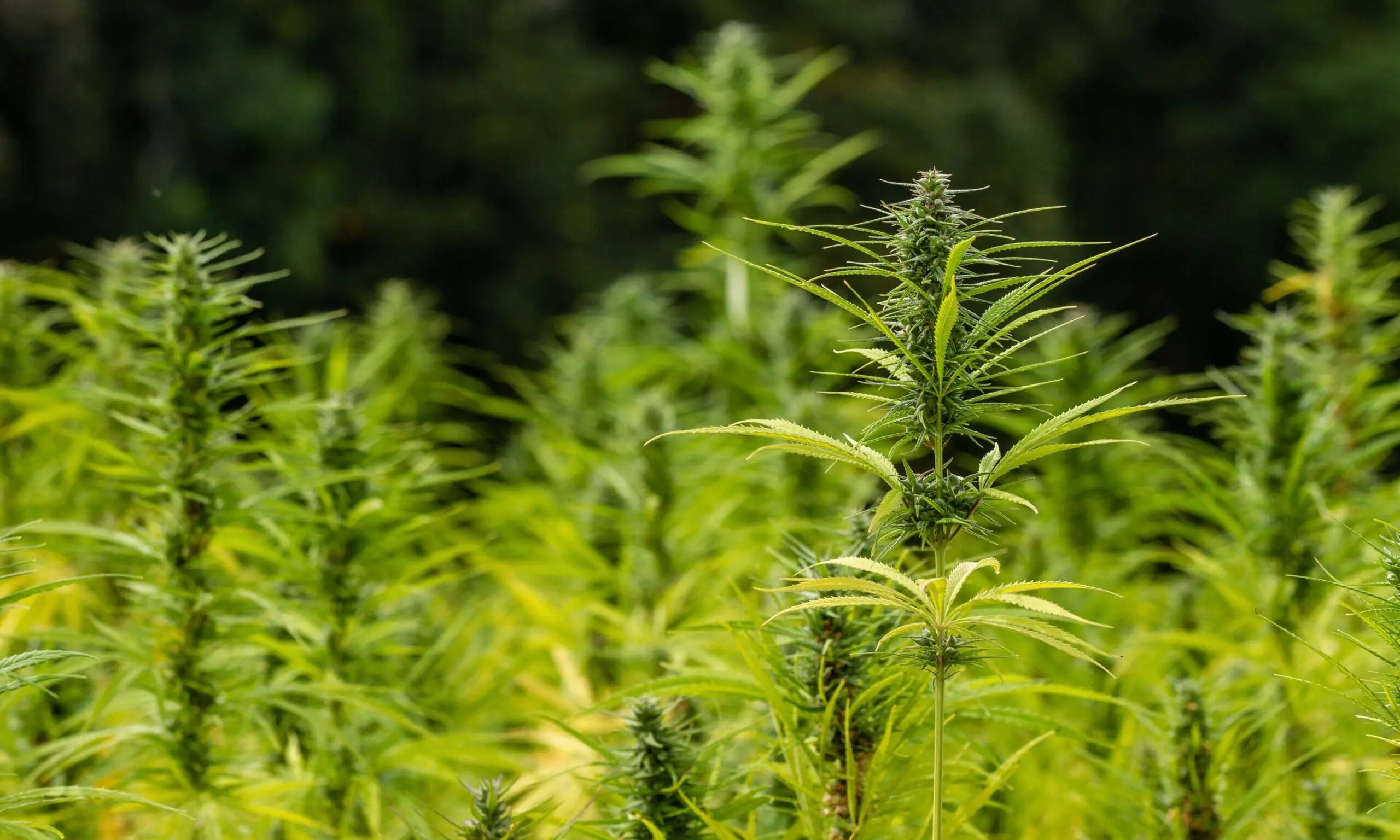Politics
Hawaii Governor Signs Hemp Bill Requiring Product Distributors And Retailers To Register With The State

A Hawaii bill signed into law last week establishes a number of new rules around hemp products in the state, including a requirement that distributors and retailers obtain a registration from the state Department of Health (DOH).
The new law, HB 1482, signed by Gov. Josh Green (D) on July 2, also limits the sale of hemp-derived tinctures to consumers 21 and older. It takes effect January 1, 2026.
Under the statute, DOH regulators will have authority to inspect sales and distribution facilities and confiscate or seize hemp-derived products. The law further clarifies that unlawful hemp activity falls under the state’s laws against unfair competition and unfair or deceptive practices, as well as nuisance abatement laws.
It also includes provisions around processing, specifying that the state’s Office of Medical Cannabis Control and Regulation will oversee a hemp processors program.
Funds from a state Hemp Processing Special Fund will pay for the new business registry established under the law.
—
Marijuana Moment is tracking hundreds of cannabis, psychedelics and drug policy bills in state legislatures and Congress this year. Patreon supporters pledging at least $25/month get access to our interactive maps, charts and hearing calendar so they don’t miss any developments.
![]()
Learn more about our marijuana bill tracker and become a supporter on Patreon to get access.
—
Separately last week, Green signed into law a bill meant to expand access to medical marijuana after previously calling one of its provisions “a grave violation of privacy.”
That law makes two main reforms around patient access: First, it allows a patient’s primary treating medical provider to recommend marijuana for any malady they see fit, regardless of whether it’s a specified qualifying condition in Hawaii. It also allows patients to receive medical cannabis recommendations through telehealth visits rather than having to establish an in-person relationship with a provider.
Before lawmakers sent the bill to Green, a conference committee revised the plan, inserting a provision to allow the state Department of Health to access medical marijuana patient records held by doctors for any reason whatsoever.
The revised bill authorizes the Department of Health to “inspect a qualifying patient’s medical records held by the physician, advanced practice registered nurse, or hospice provider who issued a written certification for the qualifying patient.” Providers who don’t comply with a department request for a patient’s records could see their ability to issue medical cannabis revoked.
An additional provision establishes a new Class C felony for unlicensed operation of a dispensary, adding another major charge on top of the state’s existing laws against illegal distribution of marijuana.
In early June, Green himself put the cannabis measure on a list of bills he intended to veto—an indication, though not a commitment, that he was leaning towards rejecting it.
Other measures recently sent to the governor’s desk include SB 1429, which would allow medical marijuana caregivers to grow marijuana on behalf of up to five patients rather than the current one. Green signed that bill late last month.
Lawmakers also recently sent a bill to the governor that would help speed the expungement process for people hoping to clear their records of past marijuana-related offenses—a proposal Green signed into law in April.
That measure, HB 132, from Rep. David Tarnas (D), is intended to expedite expungements happening through a pilot program signed into law last year by Gov. Josh Green (D). Specifically, it will remove a distinction between marijuana and other Schedule V drugs for the purposes of the expungement program.
The bill’s proponents said the current wording of the law forces state officials to comb through thousands of criminal records manually in order to identify which are eligible for expungement under the pilot program.
Hawaii’s Senate back in February narrowly defeated a separate proposal that would have increased fivefold the amount of cannabis that a person could possess without risk of criminal charges. The body voted 12–11 against the decriminalization measure, SB 319, from Sen. Joy San Buenaventura (D).
Had the measure become law, it would have increased the amount of cannabis decriminalized in Hawaii from the current 3 grams up to 15 grams. Possession of any amount of marijuana up to that 15-gram limit would have been classified as a civil violation, punishable by a fine of $130.
A Senate bill that would have legalized marijuana for adults, meanwhile, ultimately stalled for the session. That measure, SB 1613, failed to make it out of committee by a legislative deadline.
While advocates felt there was sufficient support for the legalization proposal in the Senate, it’s widely believed that House lawmakers would have ultimately scuttled the measure, as they did last month with a legalization companion bill, HB 1246.
Last session, a Senate-passed legalization bill also fizzled out in the House.
This year’s House vote to stall the bill came just days after approval from a pair of committees at a joint hearing. Ahead of that hearing, the panels received nearly 300 pages of testimony, including from state agencies, advocacy organizations and members of the public.
This past fall, regulators solicited proposals to assess the state’s current medical marijuana program—and also sought to estimate demand for recreational sales if the state eventually moves forward with adult-use legalization. Some read the move as a sign the regulatory agency saw a need to prepare to the potential reform.



